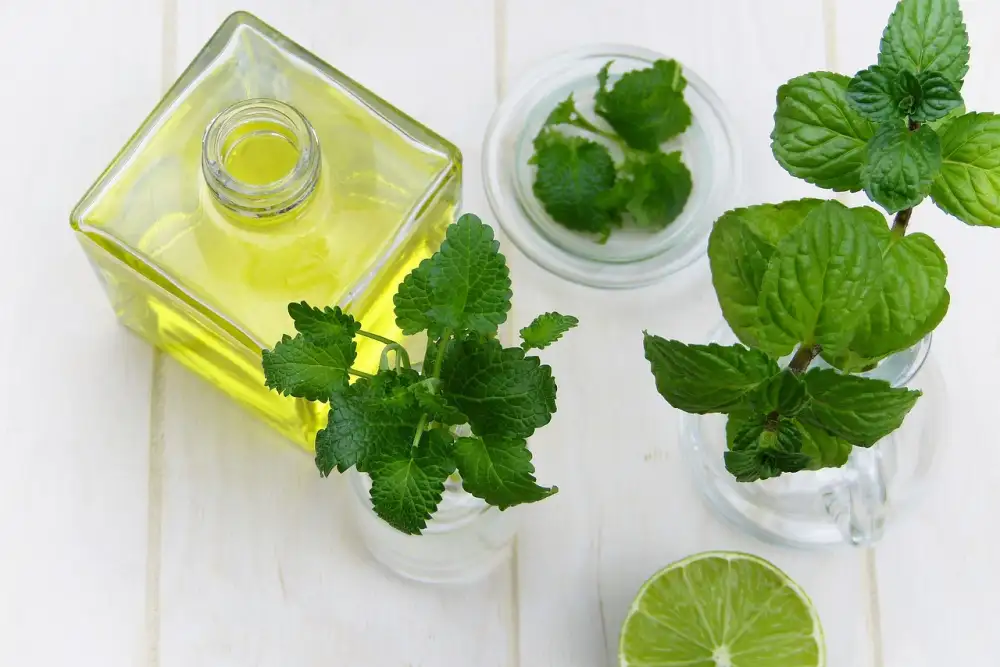Exploring the Effectiveness of Peppermint Oil in Repelling Mice: Fact or Fiction?

Peppermint oil has long been used as a natural remedy for various ailments, but its potential as a mouse repellent has gained attention in recent years. This essential oil is derived from the peppermint plant (Mentha piperita) and is known for its strong, refreshing scent. Mice are sensitive to strong odors, making peppermint oil an attractive option for those looking to deter these rodents without resorting to harmful chemicals. Its natural properties make it a popular choice for individuals seeking eco-friendly pest control solutions.
Scientific Basis Behind Peppermint Oil's Repellent Properties
Peppermint oil's effectiveness as a mouse repellent is attributed to its strong scent that is pleasant to humans but overwhelming for rodents. Mice rely heavily on their sense of smell to navigate their environment and detect food sources. The potent aroma of peppermint oil disrupts their ability to locate food, communicate with other mice, and navigate effectively. Studies have shown that the active compounds in peppermint oil, such as menthol, act as irritants to rodents' nasal passages, making them avoid areas where the scent is present. This natural repellent property of peppermint oil makes it a promising alternative to chemical-based rodent control methods.
How to Use Peppermint Oil to Repel Mice
To effectively use peppermint oil to repel mice, start by identifying entry points and areas where mice frequent. Next, soak cotton balls with pure peppermint oil and place them strategically near these locations. Refresh the cotton balls every 2-4 weeks or when the scent fades. Alternatively, mix a few drops of peppermint oil with water in a spray bottle and mist it around baseboards, corners, and other potential mouse entry points. Remember to reapply the solution regularly for optimal results in deterring mice from your home.
Effectiveness of Peppermint Oil in Mouse Repellent Studies
Several studies have explored the efficacy of peppermint oil as a natural mouse repellent. Research conducted at the University of Alberta found that mice showed a strong aversion to the scent of peppermint oil, leading them to avoid areas treated with it. Another study published in the International Journal of Clinical Aromatherapy demonstrated that peppermint oil effectively repelled mice in laboratory settings. These findings suggest that peppermint oil has potential as an environmentally friendly alternative to traditional rodenticides for controlling mouse infestations.
Precautions and Considerations When Using Peppermint Oil for Pest Control
When using peppermint oil for pest control, it is essential to consider a few precautions. Firstly, ensure you are using 100% pure peppermint oil, as diluted versions may not be as effective. Secondly, while peppermint oil is generally safe for humans and pets, it's important to keep it away from the reach of children and animals to prevent accidental ingestion. Additionally, if applying peppermint oil in areas where mice frequent, be cautious not to use excessive amounts as the strong scent may become overwhelming. Lastly, regularly reapply the oil as its potency diminishes over time.
Conclusion: Peppermint oil has shown promising results as a natural solution for repelling mice. Its strong scent acts as a deterrent for rodents, making it an environmentally friendly alternative to chemical repellents. While more research is needed to fully understand its effectiveness in various settings, many studies have demonstrated positive outcomes. When used correctly and consistently, peppermint oil can be a valuable tool in pest control strategies. Consider incorporating this aromatic oil into your mouse repellent arsenal for a potentially effective and pleasant-smelling solution.
Published: 09. 05. 2024
Category: Home



